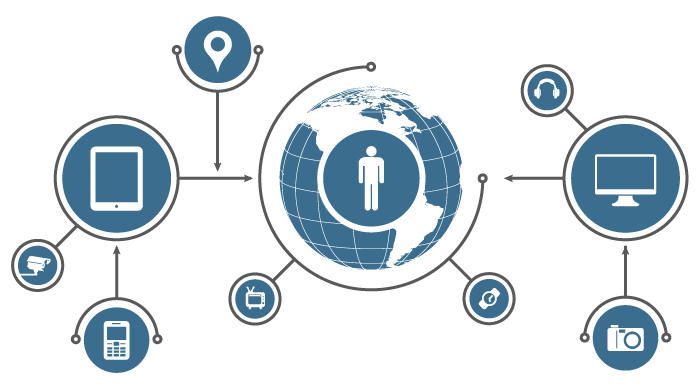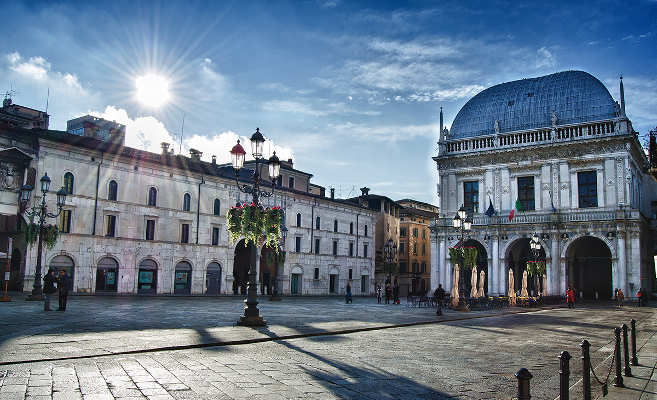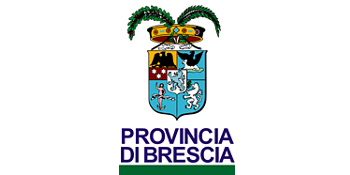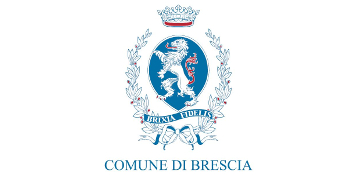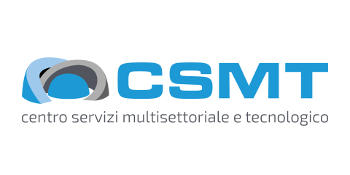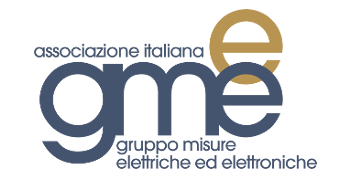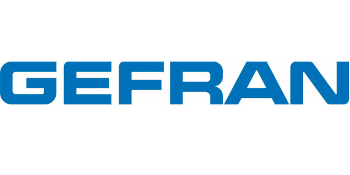Robust Communication Protocols for IoT
ORGANIZED BY
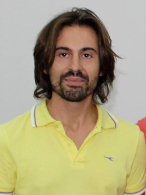
Angelo Cardellicchio
Politecnico di Bari, Italy
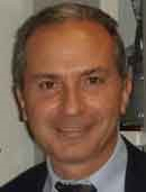
Cataldo Guaragnella
Politecnico di Bari, Italy
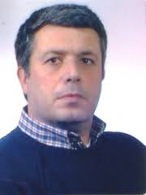
Vincenzo Di Lecce
Politecnico di Bari, Italy
ABSTRACT
Several new communication protocols are currently proposed for Internet-of-Things (IoT) applications to support specific characteristics and needs. Many of these high-level protocols (i.e. MQTT, DDNS, or CoAP) are suitable for a broad spectrum of applications and can be used to interact, manage and configure a large number of devices. However, the choice of the most appropriate protocol stack depends on the specific requirement concerning, in particular, security, dependability, configurability, and application-specific constraints. Furthermore, as the protocol stack is closely tied to the actual implementation, data flow management and hardware requirements influence in the protocol selection. Finally, also all aspects related to deployment, operation, management, and usability must be taken into account.
This session addresses IoT communication protocols that are essential in the modern IoT-based measurement systems, especially for industrial and environmental applications. Specifically, the session focuses on IoT protocols able to support distributed processing, dependable reconfigurable systems, data sharing and distribution for context-awareness, and data processing based on artificial intelligence and machine learning.
Submissions are welcome on all aspects of theory, algroithms, implementations, and applications of communication protocols for IoT, with specific emphasis on the following topics:
- robust communication protocols for IoT,
- protocols for distributed-oriented processing in IoT,
- dependable IoT protocols and communication support to dependability in IoT systems,
- protocols for self-organizing and self-reconfiguring IoT systems,
- low-cost and open-source hardware for IoT protocols,
- simplified-kernel systems for IoT communications,
- communication supports for artificial intelligence and machine learning in IoT.
ABOUT THE ORGANIZERS
Angelo Cardellicchio received its Master Degree in Computer Science Engineering in 2014 from Politecnico di Bari, where he is currently a PhD student in Telecommunications Engineering. His main research focus is on smart sensor networks, field in which he has authored several peer reviewed contributions to IEEE conferences, with an interest on deep learning. He has served as organizer for IEEE EESMS 2016 and IEEE EESMS 2017.
Cataldo Guaragnella graduated in Electronic Engineering in 1990 at Università degli Studi di Bari, Italy, and received the Ph.D. in Telecommunications by Politecnico di Bari in 1994. In 1996 he joined the Electrics and Electronics Department (today DEI – Electrics and Information Engineering Department) of Politecnico di Bari as assistant professor in Telecommunications, where he is actually tenured professor in Statistical Signal Processing for the MS degree in Telecommunications Engineering. He is the scientific director of SST lab, Signals and Systems for Telecommunications research lab at Politecnico di Bari. He regularly serves as reviewer on various Conferences and International Journals.
Current research interests are in the field of pattern analysis and recognition, image and video processing and coding, video surveillance algorithms and systems, video content analysis, multidimensional signal processing and recently in complex networks and systems. In these fields his interest span over video coding, analysis and synthesis of video sequences and images, multiresolution coding, sub-band coding and wavelet analysis, synthetic aperture radar signal processing. Recently he got involved in analysis, processing and interpretation of signal coming from industrial applications for non destructive testing and evaluation.
Vincenzo Di Lecce was born in Bari, Italy. He received the doctoral degree in electric engineering, cum laude with honors, from the University of Bari in 1980. In 1985, after working experience in industry, he won a Selenia Spazio Italiana fellowship for research on radar signal elaboration; in 1986 he won a fellowship from Selenia s.p.a. Italiana for research activities on VLSI design for DSP. He taught electrotechnic at the Engineering Faculty of the University of Basilicata, Italy, for three years. In 1988 he became technical chief of the Electronic Calculator Laboratories at the Engineering Faculty of the Technical University of Bari where, at the present, he is Associate Professor in Information Technologies. His research activities include the identification and design of devices and VLSI components for communication systems and data elaboration, also finalized to multimedia systems and data mining. He has published more than 200 peer-reviewed papers in these fields.




